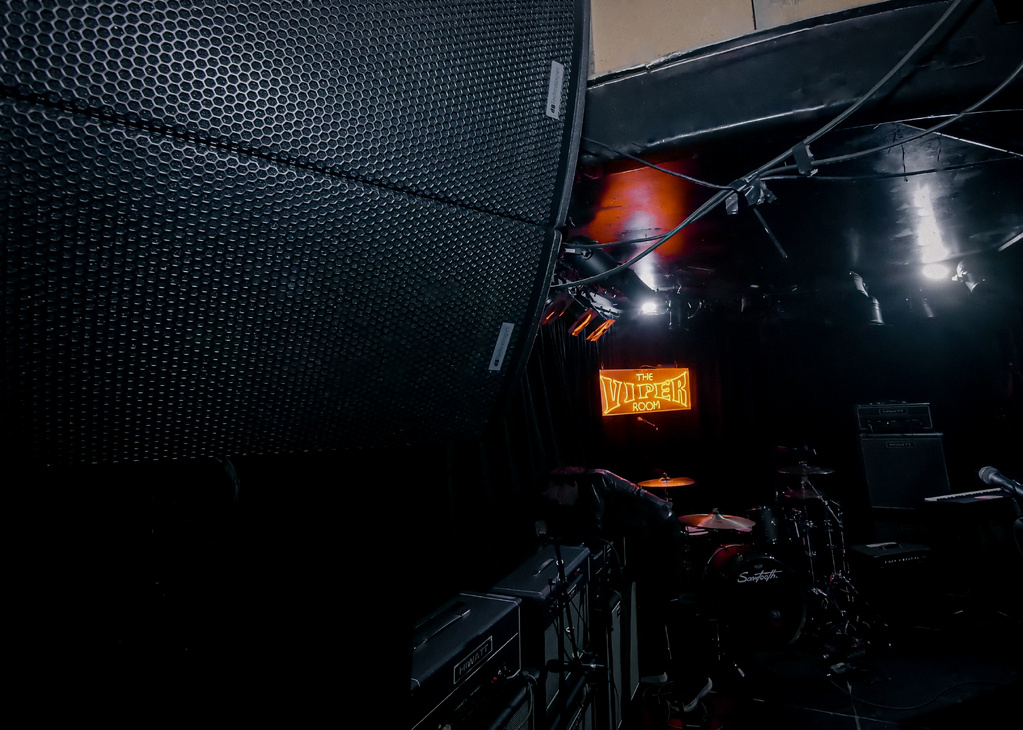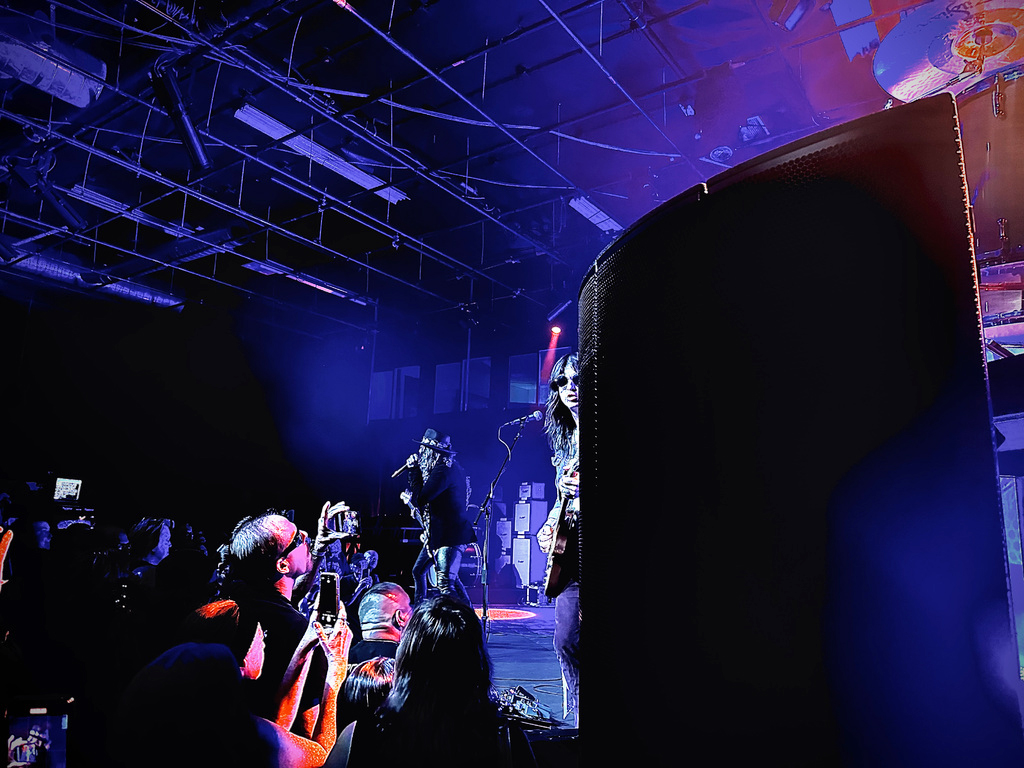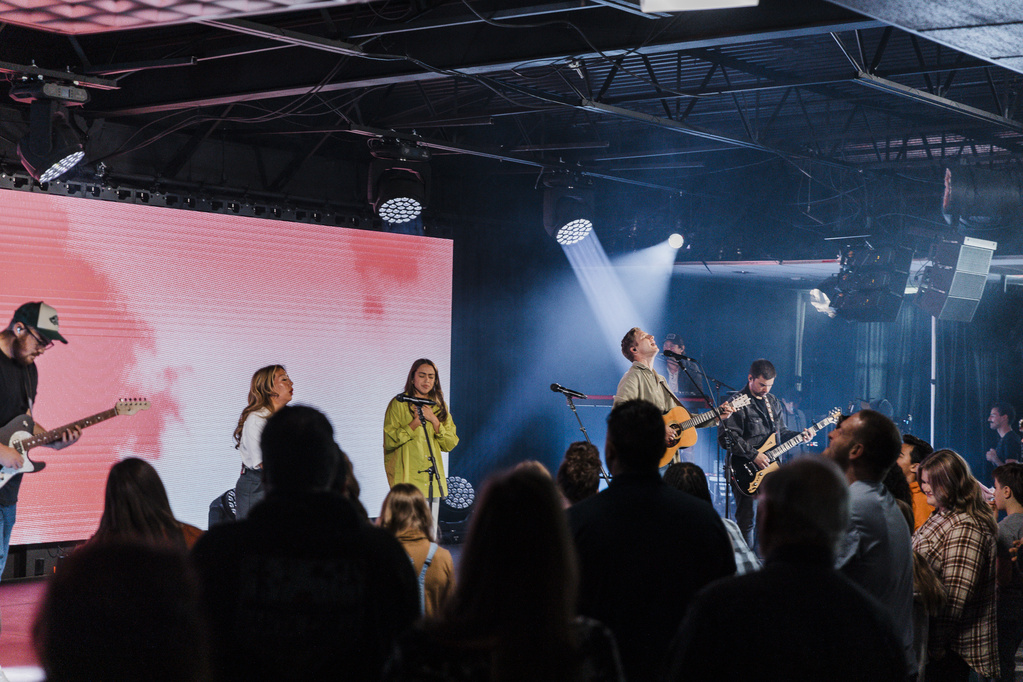Where’s the sound guy? I’ve heard this question so many times, usually regarding the sound operator who was supposed to be at the console for rehearsal or the service, but has gone missing. Sometimes it comes up when there’s a problem with the sound system or questions about how to operate it.
But I want to look at this question from a different angle and ask this question to church leadership in your church.
First let’s broaden the scope to include all technical ministries of the church, not just sound. I use the term technical “ministry” not by accident or inadvertently. If the technical area of your church is not viewed as a ministry, how is it viewed? And when you begin to look at it as ministry, how will you treat it differently?
One of the changes may occur when you realize it’s time to compensate technical ministers just like other ministers in your church. When you’ve reached a certain level in your church, usually measured by size (the dreaded numbers), the decision was made to add a youth pastor, a music minister, a children/youth minister, and other staff positions to keep up with church growth.
You looked for qualified persons to fill those positions of responsibility, you interviewed prospects, and hired. You looked for someone who shared your spiritual vision and that of the church; someone who was spiritually seeking and growing, to grow with your church and minister in their given area. So why is it that we assume we can place a volunteer into any technical position and then give them responsibilities of leadership?
Now… where is the sound (technical) guy (person)? When is your church big enough that it needs a well-trained and fairly paid technical minister? We’re moving forward in the church faster today than ever in the past, especially with regard to technical integration. Twenty-five years ago, few reading this had even heard of high-definition video, digital audio, remote control moving lights, or of using computers in a church service.
Today, we want them in our church to put song lyrics on a screen so that everyone can sing along. We use electric guitars, electric bass guitars, multifunction electronic keyboards, a drummer, and a host of vocalists, all using wireless microphones and wireless in-ear monitor systems for our worship. And all of this we still want to put into the hands of weekend volunteers, with the expectation that it will blend flawlessly with the overall ministry efforts of the full time staff.




















